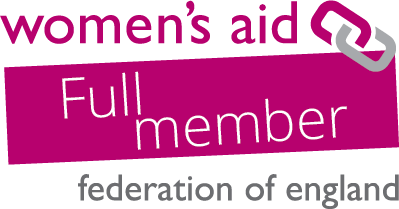1
Agree on a Safe word or Emoji
Speak to a trusted friend/neighbour or family member and arrange a safe word, and a generic emoji that you can text quickly to alert them that they need to contact the emergency services on your behalf. Keep your phone charged, topped up and accessible.2
Pack a survival kit
Ideally this should include, money, change of clothes, extra house/car keys, birth certificates, marriage certificates, passports, any legal documents (especially showing jointly owned property and details in relation to immigration status), credit card and bank details, any documents in relation to the children, medication and money. If it is not possible to take the originals, then take a photocopy or take a picture on your phone.3
Keep your documents safe
Make copies, take photos on your phone or hide away any key documents you might need – letters, passports, bills, birth or marriage certificates, bank account numbers or bank cards. Keep these in a secure secret space which you can access if you need them. Try to also hide some cash money for immediate emergencies.4
Plan a place to go
If it is safe, talk to a close friend or relative about the abuse and talk to them about staying with them in an emergency.5
Think of escape routes
Plan possible escape routes and practise your escape if it is safe– have window and door keys readily available.6
Avoid dangerous rooms
If an argument occurs, try to move to a space that is low risk. Avoid arguments in the bathroom, garage and kitchen, and rooms without an outside exit should also be avoided. If you are in a situation of escalating violence or abuse, try to keep away from kitchen areas or rooms where you may come to harm. Stay close to the doors and exits and keep close to a room with a lock so you can flee and call for help.7
Keep a diary
If possible, make careful notes about what is happening including times, dates, any professionals seen, and any injuries received. If any criminal behaviour takes place, inform the police.8
Talk to your elder children
If children are aware of the situation and old enough it may even be possible to discuss with them when they should call the Police, for example have a code word. Emergency numbers may be stored into their mobile phones.9
Call the police when imminent risk
If risk is immediate – the Silent SolutionIf you find yourself facing immediate danger, call 999.
Listen to the questions from the 999 operator
Respond by coughing or tapping the handset
If prompted, dial 55 to be put through to the police.
10





